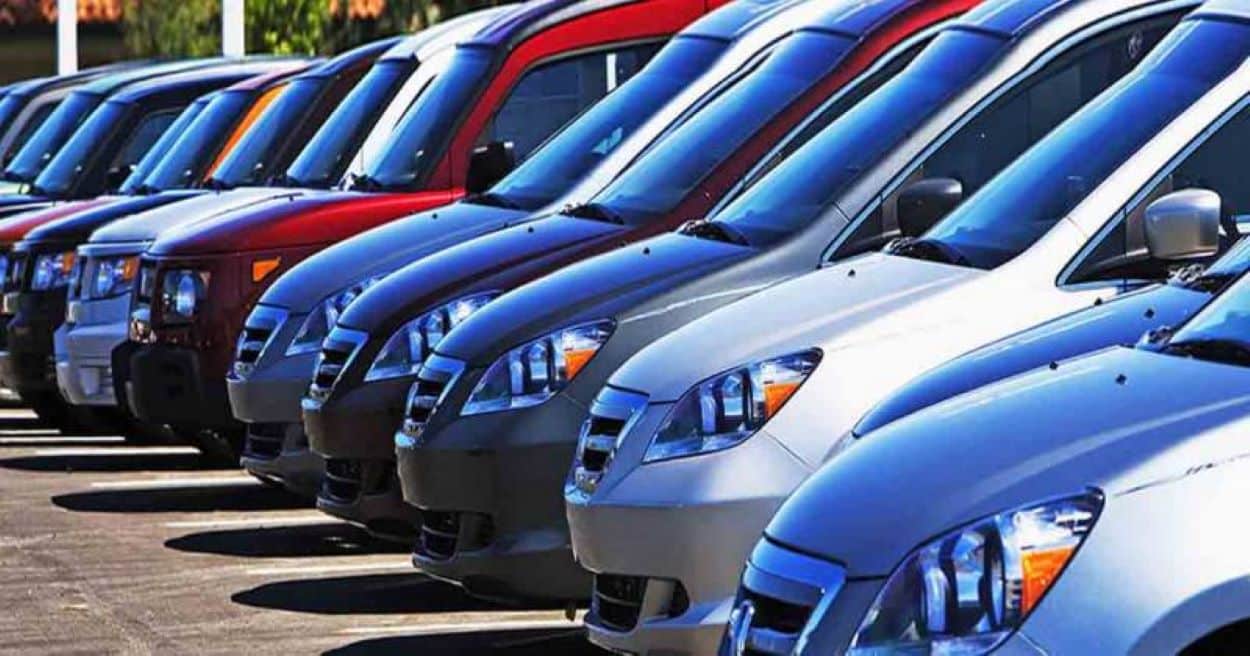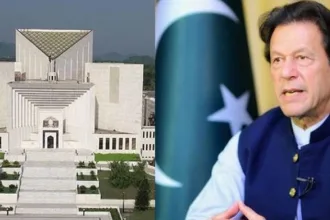Auto industry experts attribute recent price reductions by car manufacturers to several factors, including diminished purchasing power, high taxes, rampant inflation, and currency devaluation. These adjustments benefit consumers and support the industry amidst challenging economic conditions.
Market analysts express concerns over the adverse effects of increased sales taxes on vehicles over 1,400CC or priced above Rs4 million, a policy move that significantly impacted the auto sector. The government’s decision to raise sales tax from 18% to 25% prompted companies to adjust prices, mitigating additional consumer costs.
By avoiding the full transfer of a 7% sales tax hike to consumers, auto companies have attempted to keep vehicles in the lower tax bracket, easing the financial burden on buyers.
The auto industry faces high-interest rates, excessive taxation, currency devaluation, and inflation. Experts call for the government to adopt consistent and practical policies to foster industry growth and prevent economic unviability, which could lead to job losses.
PAAPAM Chairman Abdul Rehman Aizaz notes a significant drop in projected vehicle sales due to current economic strains, from over 300,000 units sold in 2021-2022 to an estimated 80,000 to 90,000 units in 2023-2024.
Recent price adjustments include Honda Atlas Cars reducing the prices of two City variants and Indus Motor Company (IMC) lowering prices across its Yaris lineup. These changes aim to stimulate demand and aid industry recovery.
IMC CEO Ali Asghar Jamali and analysts Waqas Ghani from JS Global and Muhammad Abrar Polani from AHL suggest these price reductions, coupled with potential future economic improvements, may revive auto sales and industry health.






